Author | Liu Liu
Outstanding Party members of the Communist Party of China, long-tested loyal Communist fighters, proletarian revolutionaries, outstanding leaders of China’s diplomatic front, members of the Political Bureau of the 14th and 15th CPC Central Committee, former state councilor, comrade Qian Qichen, former vice premier of the State Council, died in Beijing at 22:06 on May 9, 2017 at the age of 90.
Qian Qichen is a famous diplomat at home and abroad, and has been active on the political and diplomatic stage of China and the world for a long time.

In the 1980 s, it was a difficult period for China’s diplomacy, and Qian Qichen took on heavy responsibilities. At that time, the United States and some Western countries imposed a series of sanctions on China in the fields of politics, economy, military, culture, science and technology. At the same time, it was the drastic changes in Eastern Europe, the disintegration of the Soviet Union, the Thunder and Thunder at the moment, and the dark clouds rolled over. There was a trend of “black clouds pressing the city.
As foreign minister, Qian Qichen was in the forefront of the thrilling diplomatic game and visited more than 100 countries one after another. Faced with severe challenges, he was calm and daring to fight and won praise from all sides.
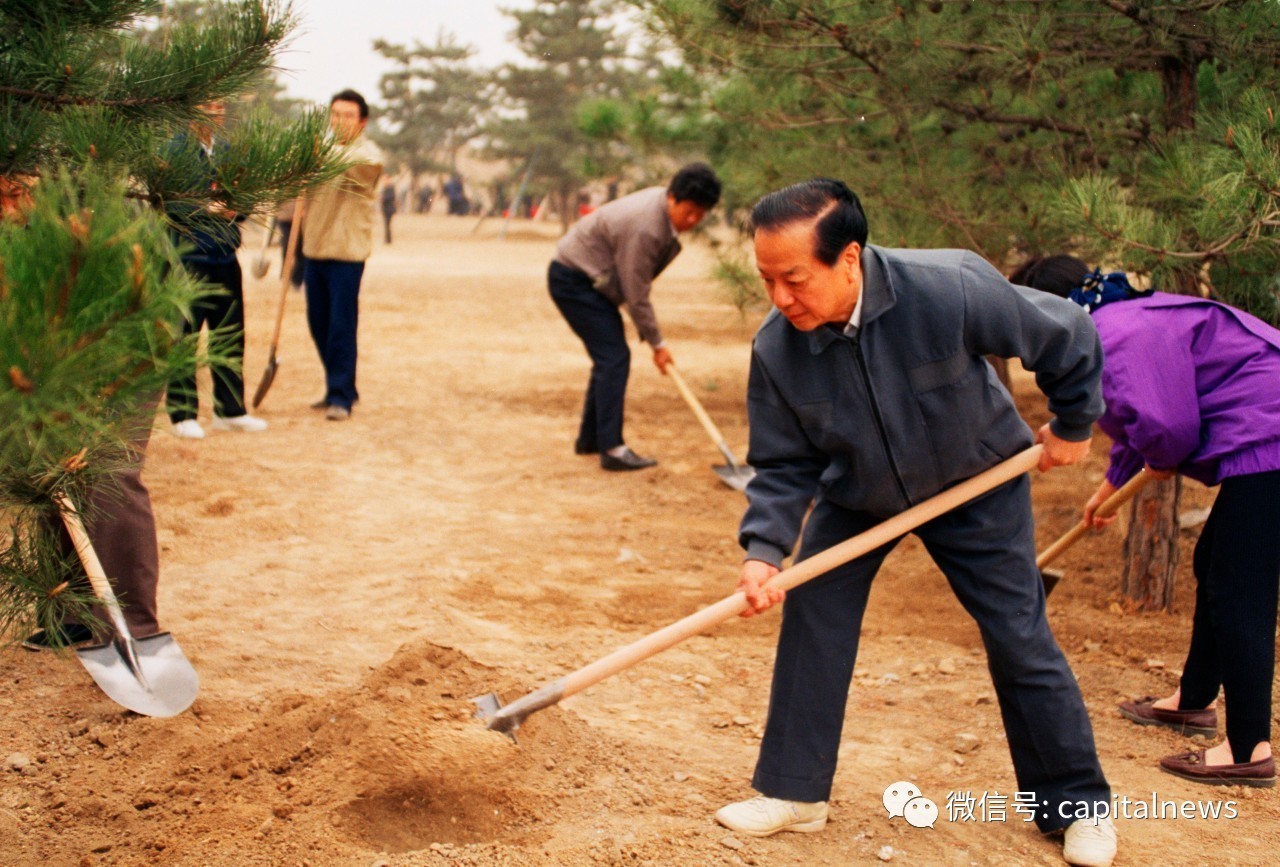
In 1992, central leaders participated in the capital’s voluntary tree planting day, and Qian Qichen was planting trees.
In March 2003, Qian Qichen, who was 75 years old in the annual session, retired from his leadership position. He was so happy that he wrote a poem, which wrote: “Frends to tell the past, and no official opened a new volume.”
Therefore, he began to write books and theories. It took him half a year to tell everything he saw and heard, and to collect ten diplomatic events he personally experienced into a book, then there was the famous ten records of diplomacy. This book reveals various legends in the history of Chinese diplomacy. It is not only a favorite reading book for readers, but also a precious teaching material for foreign affairs workers.
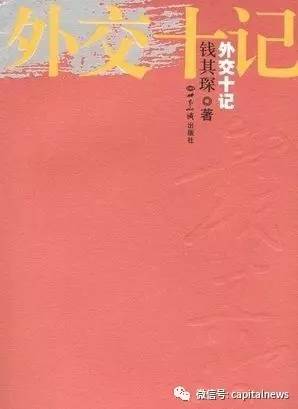
When reading this book, the governor of Chang’an Street found an interesting detail in the first chapter. Qian Qichen was the earliest “spokesman of the Ministry of Foreign Affairs”. At the critical moment of promoting the development of Sino-Soviet relations, he only said three concise sentences, which had far-reaching influence.
In 1982, Soviet leader Brezhnev made a long speech in Tashkent. Although there were many attacks on China, he explicitly recognized China as a socialist country and emphasized China’s sovereignty over Taiwan, he also expressed his willingness to improve relations with China.
Comrade Deng Xiaoping called the Ministry of Foreign Affairs and instructed him to immediately respond to Brezhnev’s speech. The Ministry of Foreign Affairs then held its first press conference. Seventy or eighty Chinese and foreign journalists were invited to attend. Qian Qichen, then the director of the information department of the Ministry of Foreign Affairs, became the first spokesman.
He published a brief statement with only three sentences, “we noticed the speech on Sino-Soviet relations delivered by chairman Brezhnev of the Soviet Union in Tashkent on March 24. We firmly reject the attack on China in our speech. In Sino-Soviet relations and international affairs, we attach importance to the practical actions of the Soviet Union.”
Since then, Qian Qichen, as the special envoy of the Chinese government, discussed the normalization of relations between the two countries with the Soviet Union. He held two rounds of political consultations every year. Qian Qichen nicknamed it as “bullshit”: although no consensus can be reached, it is better than not communicating with each other, when there are too many disputes, the communication will gradually increase. After 12 rounds of political consultations, the two countries finally ended the abnormal state for decades.
On August 2, 1990, a sudden change in the situation in the Gulf region, Iraq suddenly invaded Kuwait. Saddam refused to implement the UN Security Council’s resolution calling for Iraq to withdraw troops. The United States, Britain and other countries dispatched troops and the war was on the verge. China decided to send Foreign Minister Qian Qichen to visit Egypt, Saudi Arabia, Jordan and Iraq to strive for a peaceful solution to the crisis.
Qian Qichen set off on November 6, returned to Beijing on 13th, traveled 20000 kilometers, shuttled between the Gulf and the Middle East, met with the heads of six countries, foreign ministers and heads of regional organizations, and held 15 important talks, the talks lasted more than 30 hours.
He skillfully used diplomatic wisdom, concisely and thoroughly explained China’s position and policy on the Gulf crisis to all parties, and ran for a peaceful settlement of the Gulf crisis, causing huge international repercussions. This visit has improved China’s international status and expanded China’s influence.
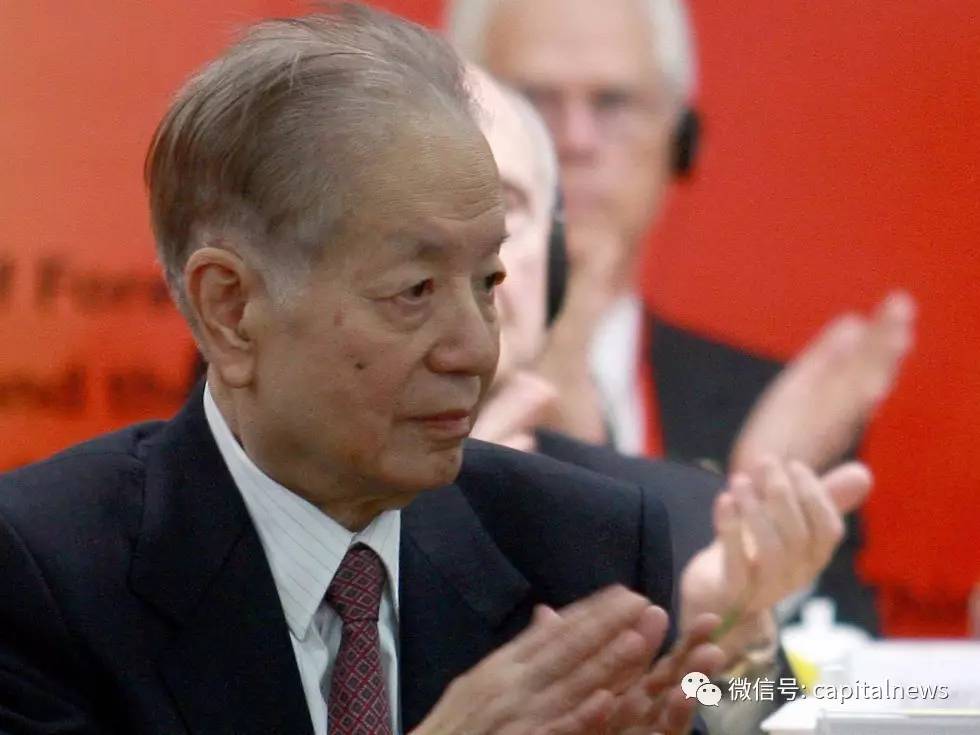
On January 12, 2009, Qian Qichen attended a seminar on the 30th anniversary of the establishment of diplomatic relations between China and the United States in Beijing.
Safeguarding national sovereignty and realizing the reunification of the motherland are the primary tasks of China’s diplomacy. Qian Qichen made great efforts and made outstanding contributions to this lofty mission.
In the ten records of diplomacy, Qian Qichen mentioned the diplomatic struggle caused by France selling weapons to Taiwan and the US allowing Lee Teng-hui to visit the United States in 1995. With these two outstanding examples, it emphasizes China’s firm confidence in safeguarding national sovereignty and territorial integrity and realizing the reunification of the motherland.
During his tenure as foreign minister, Qian Qichen also participated in diplomatic negotiations on the return of Hong Kong and Macao. Since July 1993, he also presided over the preparatory work for the establishment of special administrative regions in the two places. Since then, as a member of the Chinese government delegation, he attended the grand ceremony of political handover of Hong Kong and Macao respectively. Qian Qichen believed that this was a very rare and unique experience in his diplomatic career, and he was proud of it.
China is a big country in the world, and the status of Chinese foreign minister is also very special. Qian Qichen’s description of his personal diplomatic career naturally attracted the attention of the world. The ten records of diplomacy has been translated into English, Russian, Japanese, Korean and other languages internationally. Many celebrities in Chinese and foreign political circles and academic circles, including the former secretary-general of the United Nations, Annan, gave favorable comments.
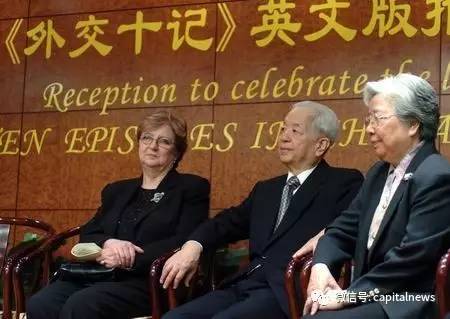
Annan commented on the book in a letter that it touched many of the most important diplomatic events of our time and would add a valuable book to my collection.
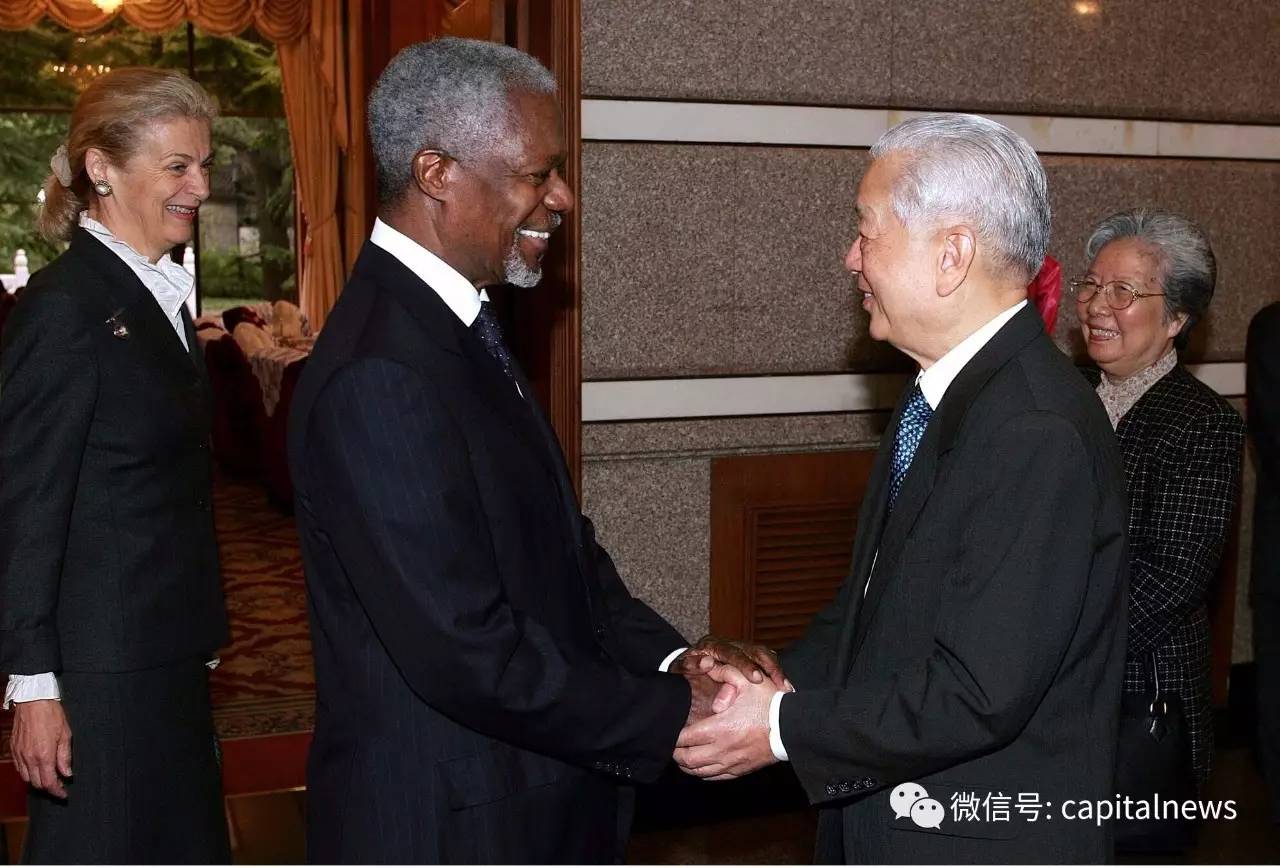
Kissinger, the former secretary of state of the United States, said that this is a fascinating book. I have read it, and the time when the author served as a public office is in the crucial decades in the contemporary history of China, the important role played by the author can never be underestimated. I believe that the ten records of diplomacy will arouse the strong interest of American readers and will deepen the understanding between our two countries, cooperation and friendship make meaningful contributions.
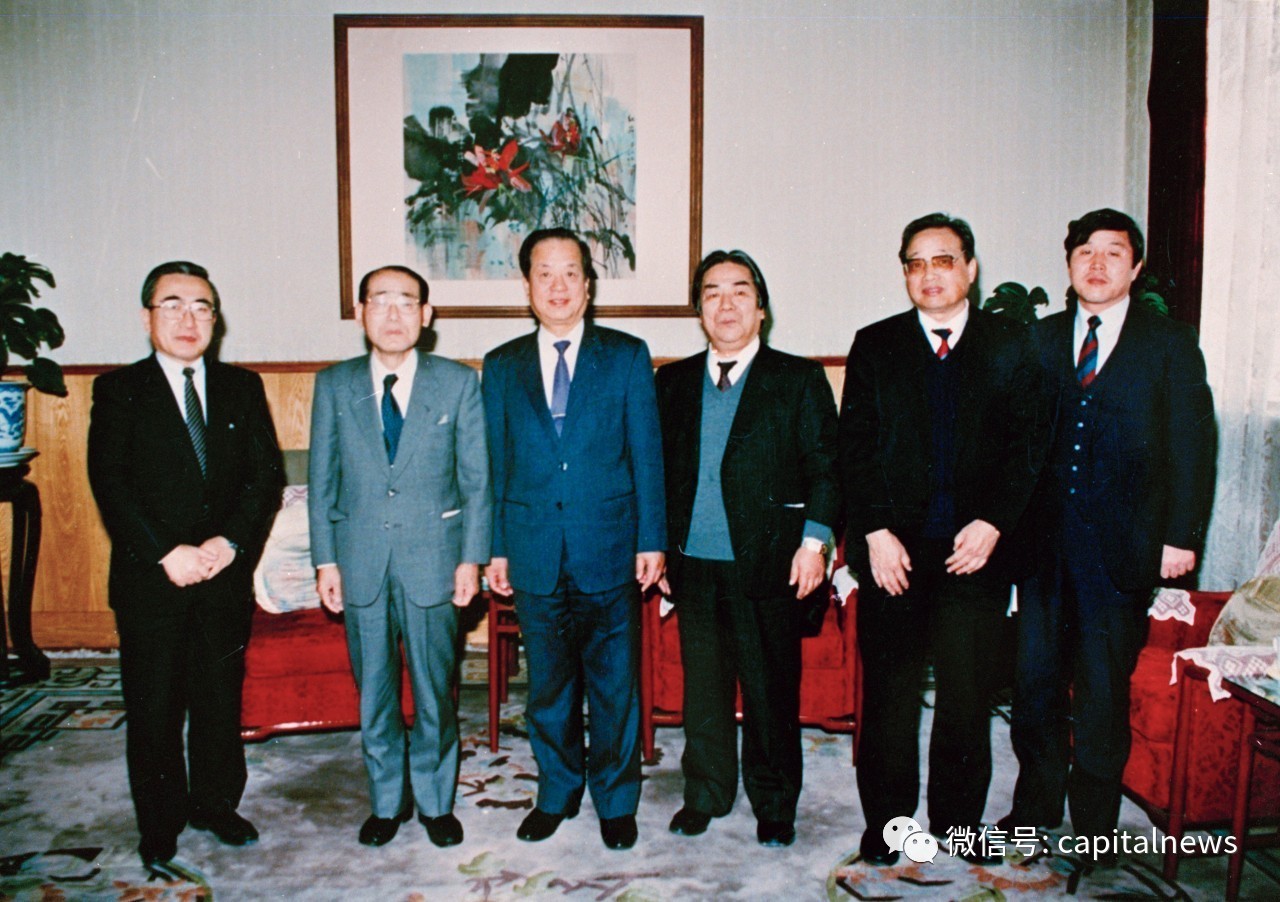
The 40th anniversary of the founding of Beijing Daily. In 1991, Foreign Minister Qian Qichen met with foreign guests invited by Beijing Daily.
Qian Qichen has always been committed to cultivating diplomatic talents. In 2000, he became the dean of Peking University School of International Relations. So far, Qian Qichen still appeared as honorary dean on the official website of Peking University Guoguan College.
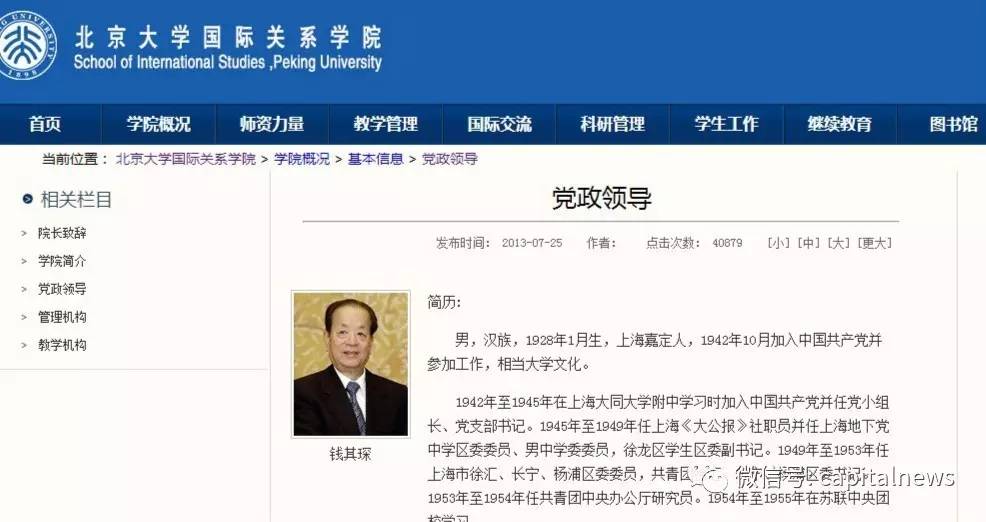
As early as the establishment of Peking University Institute of International Relations, Qian Qichen, then vice premier of the State Council, sent an inscription: “cultivate talents on international issues and open up a new situation in China’s foreign relations.”
When Qian Qian came to the college as Dean for the first time, he not only inspected the office and teaching facilities, but also wore the red school badge of Peking University teachers to meet with teachers and students in the auditorium of the office building, and report on international relations and diplomatic issues.
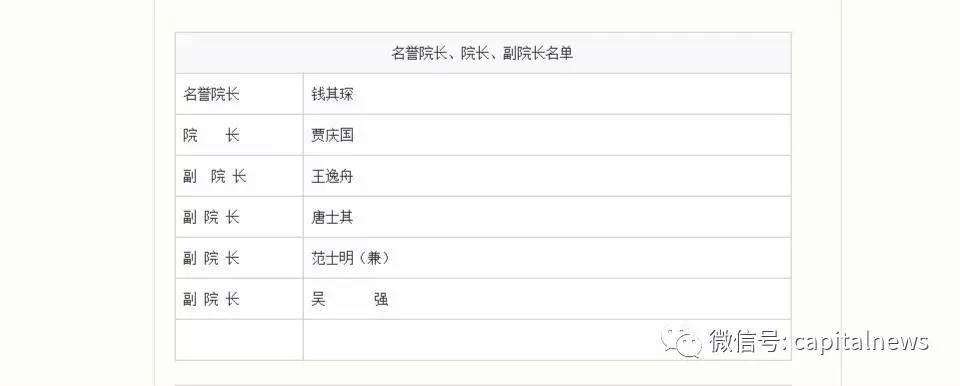
In 2004, Qian Qichen donated all the royalty of 700000 Yuan in the book “Ten records of diplomacy” and set up the scholarship of “Ten records of diplomacy” in the Diplomatic Academy to reward both academic and academic excellence, poor students who are willing to engage in diplomatic career.
In the Spring Festival of 2012, he replied to the scholarship-winning students and sent a message to his classmates for the new year. I hope that students will always keep in mind the supremacy of the motherland and the people, be loyal and patriotic, have firm faith, pay attention to the cultivation and tempering of moral character, cherish valuable learning opportunities, and enhance their talents in all aspects, lay a good foundation for devoting oneself to the diplomatic cause of the motherland and other undertakings.
4632
author | Liu Liu, an outstanding member of the Communist Party of China, a proven and loyal communist fighter, a proletarian revolutionist, an outstanding leader of China’s diplomatic front, a member of the Political Bureau of the 14th and 15th CPC Central Committee, former State councilor